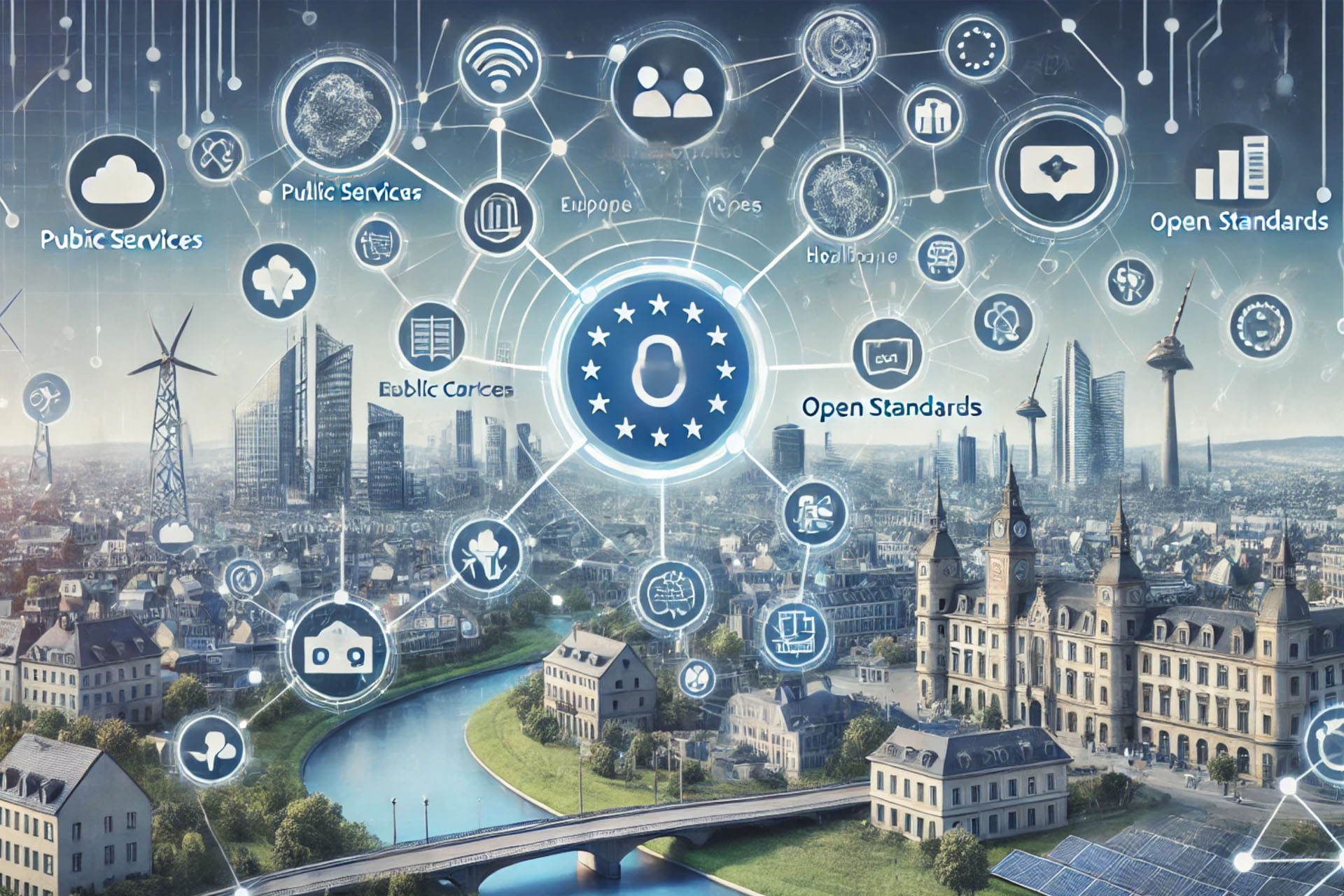
As Europe looks to shape a digital future that aligns with its values of openness, competition, and innovation, the importance of open protocols and interoperability cannot be overstated. These elements are critical to building a technology ecosystem that fosters innovation, enhances consumer choice, and strengthens both public and private digital applications. Open protocols and interoperability will be key drivers in Europe’s effort to build a competitive and inclusive digital future.
Open Protocols: A Foundation for Innovation
Open protocols are publicly accessible standards that allow for communication between different digital systems. They provide a level playing field for businesses of all sizes by ensuring that everyone can build products and services that are compatible with other systems. In contrast to proprietary protocols, which lock users into specific platforms or vendors, open protocols encourage innovation by enabling the free exchange of ideas and technologies across different platforms.
By promoting open protocols, Europe can reduce dependency on a few dominant technology providers and create a more diverse and competitive market. This, in turn, leads to better products and services for consumers and greater opportunities for businesses. Open protocols also enable faster innovation by allowing companies to build on existing technologies rather than reinventing the wheel every time a new product is developed.
Interoperability: Enhancing Consumer Choice and Flexibility
Interoperability is the ability of different digital systems and applications to work together seamlessly. In today’s digital world, consumers often find themselves locked into a particular ecosystem—whether it’s a mobile operating system, a social media platform, or a cloud service. This lack of interoperability limits their ability to switch between providers or use multiple services simultaneously.
For example, messaging services that use closed, proprietary systems prevent users from communicating across platforms. By promoting interoperability, Europe can empower consumers to make choices that better suit their needs. They will no longer be forced to stick with one provider simply because their data, contacts, or services are locked into that platform. Instead, they will have the freedom to choose from a wider range of options, enhancing competition and driving innovation.
Interoperability in Public and Consumer Applications
The benefits of open protocols and interoperability extend beyond the private sector. In public services, they play a crucial role in ensuring that digital applications are accessible, efficient, and scalable. For example, in healthcare, interoperable systems allow medical records to be shared securely across different providers and regions, improving patient care and reducing administrative burdens.
Interoperability is also key to large-scale consumer applications, such as smart cities and transportation systems. By ensuring that various technologies can work together seamlessly, Europe can build more efficient, integrated digital infrastructures that serve the public good. This approach enhances the flexibility and scalability of public systems while ensuring that citizens have access to the best possible services.
A Digital Future Built on Openness and Flexibility
In conclusion, open protocols and interoperability are essential for building a digital future that reflects European values of openness, innovation, and consumer choice. By embracing these principles, Europe can create a more competitive, inclusive, and flexible technology ecosystem that serves both public and private interests. Open standards will drive innovation, increase consumer choice, and strengthen Europe’s digital sovereignty in a rapidly evolving global landscape.
You May Also Like
No Results Found
The posts you requested could not be found. Try changing your module settings or create some new posts.
